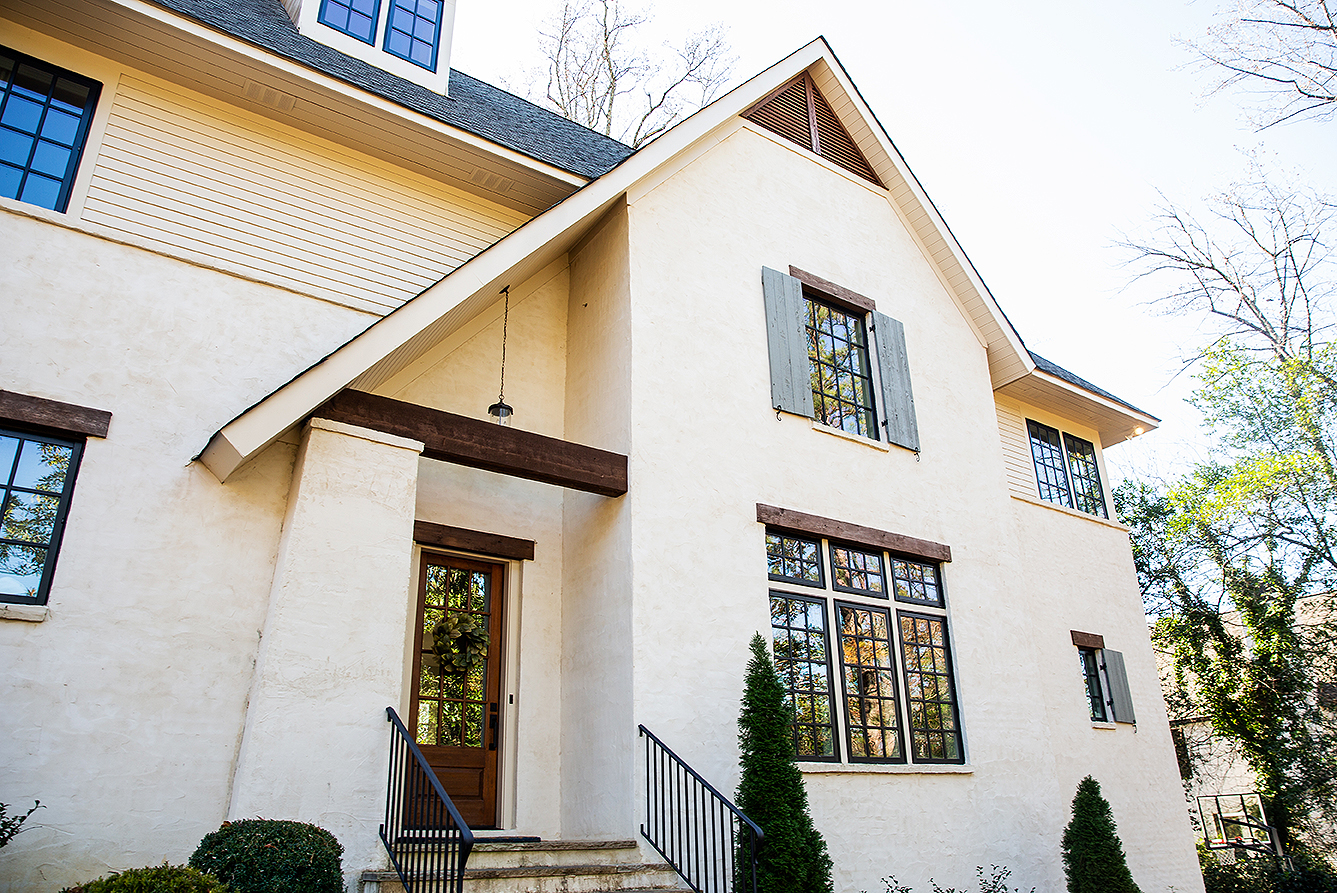
Let's say you're already in your dream home. Just because you have a ways to go on your mortgage doesn't mean you're stuck in it forever. Things change.
Maybe rates are going down, your financial needs have changed, or your adjustable-rate mortgage is about to begin adjusting and you’d like some more predictability in your budget. These are all reasons to consider refinancing your original mortgage.
Refinancing Might Be a Good Idea if...
You want a lower rate or a shorter term.
If you can find a rate 1% to 2% lower than what you're paying now, it could be a good time to refinance. Additionally, dropping interest rates may mean you can refinance into a mortgage with a shorter term without much change in your monthly payment.
You want a lower payment.
If you need lower payments, refinancing could allow you to switch to a longer term with a lower monthly payment, even if your rate doesn't go down.
You want to convert from an adjustable-rate mortgage to a fixed-rate mortgage, or vice versa.
Maybe your adjustable-rate mortgage rate has adjusted upward, and you want to switch to a fixed-rate mortgage. Maybe you've realized you'll be in your home for the medium term but not the long term and would benefit from the lower rate of an adjustable rate mortgage. Either way, refinancing could be a good financial strategy.
You need some cash.
If you have big plans and you are looking for cash, a cash-out refinance might be right for you. You would simply refinance your mortgage for more than the amount owed and take the difference in cash.
But Not So Much if...
You'll be moving pretty soon.
Refinancing a mortgage isn't free — you could pay up to 5% in closing costs. Depending on how much your monthly payment drops, it could be a while before you break even. If you move before then, you may actually be losing money overall.
You can't afford closing costs.
Typically, closing costs are paid upfront. No matter how much money you'll be saving on your payments, you'll need to have cash in hand to pay for the closing. It’s possible to roll those costs into the mortgage itself, but in that scenario you're borrowing more money and looking at higher payments.
Your credit isn't great.
Your credit score plays a big part in your mortgage rate. If yours isn’t the best, you could end up with a higher mortgage rate or even have trouble finding a lender who'll work with you at all. Consider waiting until you've had time to bump up your score — even a few points can make a big difference.
The bottom line is that every homeowner's situation is different. Talk with one of our mortgage specialists about your current situation and what we can do to make your mortgage work for you.